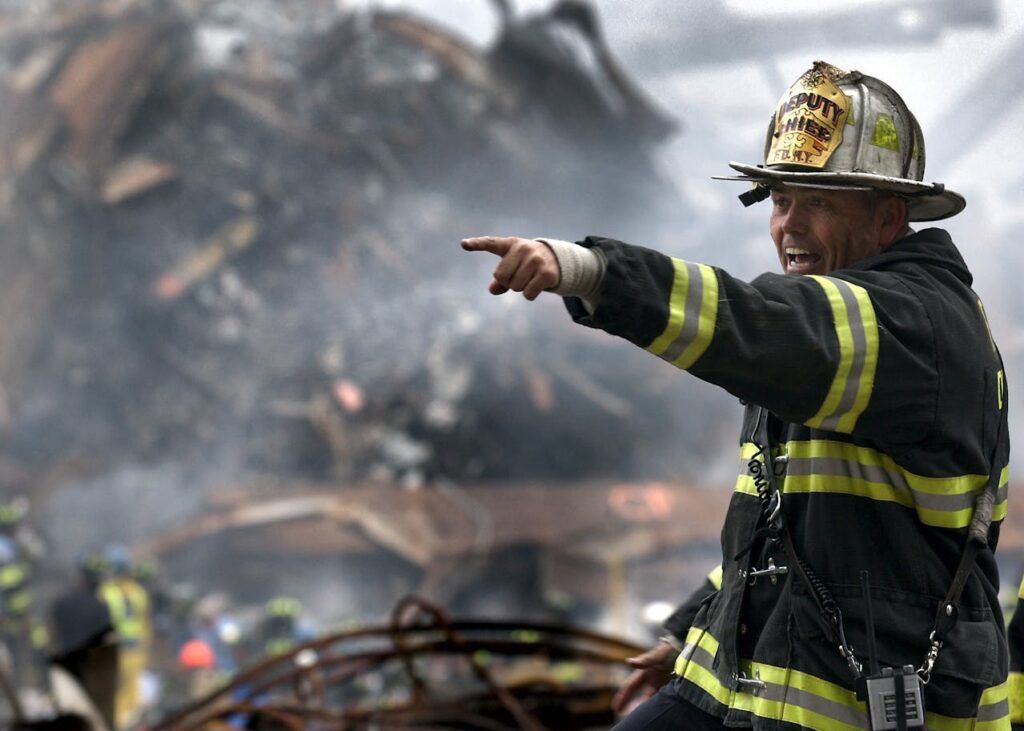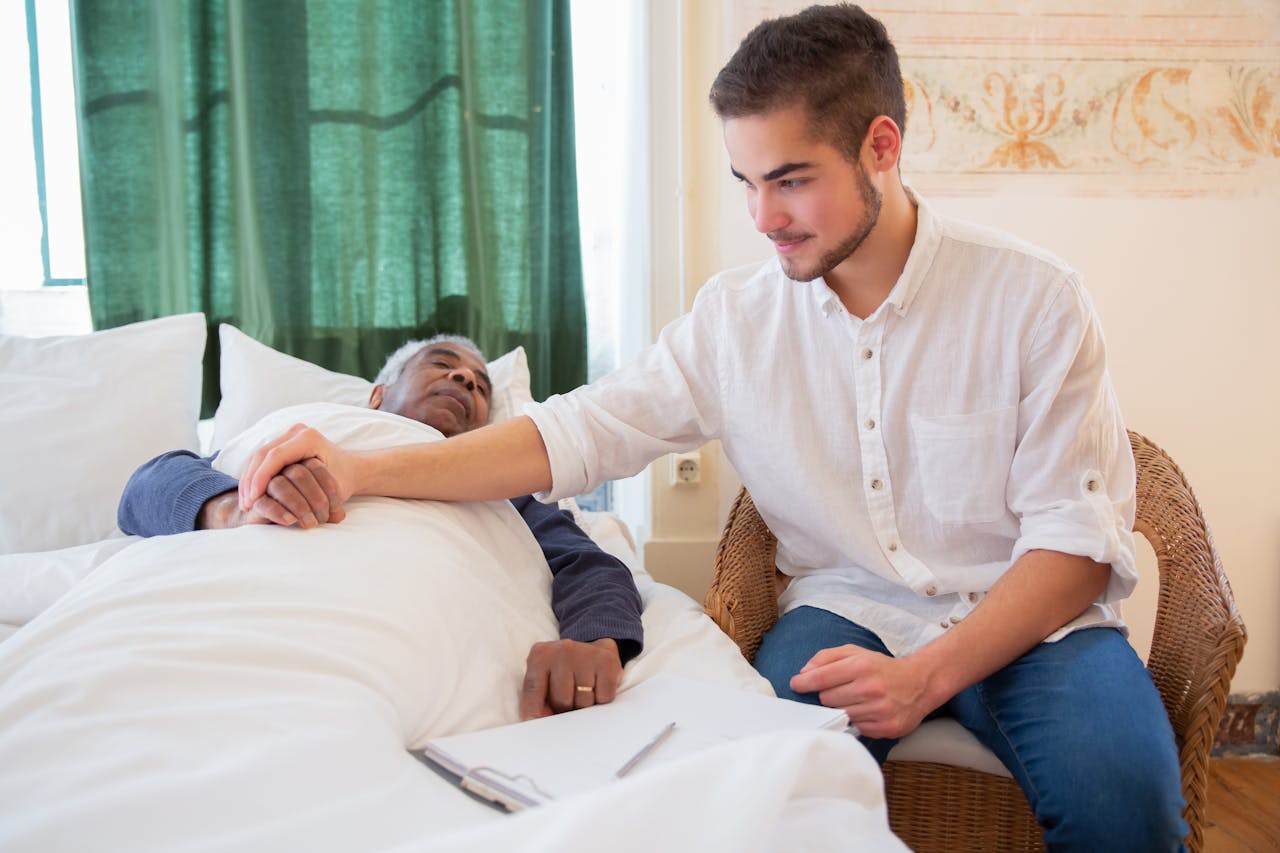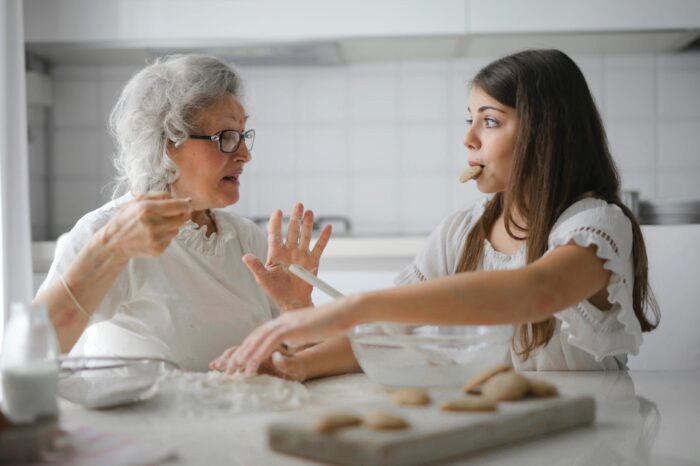What Can An Older Adult Do To Prevent The Risk Of Fires?
Older adults can prevent the risk of fires by installing and maintaining smoke detectors on every level of their home and testing them monthly. Creating a fire escape plan with clear exit routes and practicing it regularly is crucial. In the kitchen, never leave cooking unattended and keep flammable items away from the stove. Use space heaters safely by keeping them three feet from anything that can burn and turning them off when leaving the room. Additionally, ensure fireplaces and chimneys are cleaned annually, and avoid overloading electrical outlets. Keeping a fire extinguisher handy and knowing how to use it is also essential.

Fire Safety for Seniors
Fire safety is a critical issue for seniors, who may face greater risks due to physical limitations, cognitive impairments, or a lack of awareness about potential hazards. Ensuring that seniors live in a safe environment requires a comprehensive approach, including the installation and maintenance of smoke detectors, creating a fire escape plan, and following tips for safe cooking and heating. By taking these steps, we can significantly reduce the risk of fire-related incidents and enhance the safety and well-being of seniors.
Installing and Maintaining Smoke Detectors
Smoke detectors are the first line of defense against fire hazards, providing an early warning system that can save lives. For seniors, it is essential to install smoke detectors in every bedroom, outside each sleeping area, and on every level of the home, including the basement. Here are some key points to consider:
Selection of Smoke Detectors: Choose smoke detectors that are easy to test and maintain. Consider using detectors with long-life batteries to minimize the need for frequent battery changes. For those with hearing impairments, smoke detectors with flashing lights and vibrating alarms are available.
Installation: Proper placement is crucial. Smoke detectors should be installed high on walls or ceilings, as smoke rises. Avoid placing them near windows, doors, or ducts where drafts might interfere with their operation.
Maintenance: Regular maintenance is essential to ensure smoke detectors function correctly. Test the alarms monthly by pressing the test button. Replace batteries at least once a year, or immediately if the detector emits a chirping sound. Smoke detectors should be replaced every 10 years, as their sensors can degrade over time.
Creating a Fire Escape Plan
Having a well-thought-out fire escape plan is crucial for seniors, who may need extra time and assistance during an emergency. Here are steps to create an effective plan:
Identify Exits: Identify at least two exits from every room, usually a door and a window. Ensure that windows can be easily opened and that screens can be quickly removed.
Establish a Meeting Place: Designate a safe meeting place outside the home where everyone can gather after escaping. This spot should be a safe distance from the house and easily reachable.
Practice Regularly: Conduct regular fire drills to ensure that everyone knows how to respond in case of an emergency. Practice escaping from various rooms, and do this both during the day and at night.
Consider Mobility Issues: For seniors with mobility issues, ensure that there is a clear path to exits and that necessary mobility aids (such as walkers or wheelchairs) are easily accessible. If living in a multi-story home, consider relocating bedrooms to the ground floor.
Emergency Contacts: Keep a list of emergency contacts near the phone or on a cell phone. This list should include family members, neighbors, and emergency services.
Tips for Safe Cooking and Heating
Cooking and heating equipment are leading causes of home fires. Seniors can reduce the risk of fire by following these safety tips:
Safe Cooking Practices:
- Stay in the Kitchen: Never leave cooking food unattended. If you need to leave the kitchen, turn off the stove or use a timer to remind you to check the food.
- Clear the Area: Keep flammable items such as towels, paper products, and curtains away from the stove and other heat sources.
- Wear Proper Clothing: Avoid wearing loose-fitting clothing while cooking, as it can easily catch fire. Roll up sleeves and use flame-resistant oven mitts.
- Use Appliances Safely: Regularly check appliances for signs of wear and tear. Replace damaged cords and avoid overloading electrical outlets.
Safe Heating Practices:
- Space Heaters: Place space heaters on a flat, level surface, and keep them at least three feet away from anything that can burn. Never use space heaters to dry clothes or warm bedding.
- Fireplaces and Wood Stoves: Have chimneys and flues inspected and cleaned annually. Use a fireplace screen to prevent sparks from escaping and never leave a fire unattended.
- Heating Equipment Maintenance: Schedule annual maintenance for heating systems to ensure they are operating safely and efficiently.
General Safety Tips:
- Fire Extinguishers: Keep a fire extinguisher in the kitchen and near any heating equipment. Learn how to use it properly and ensure it is regularly inspected and maintained.
- Avoid Overloading Circuits: Be mindful of the electrical load on circuits, especially during the winter months when additional heating devices are in use.
- Smoke Alarms and Carbon Monoxide Detectors: In addition to smoke alarms, install carbon monoxide detectors near sleeping areas and on every level of the home.
FAQ
Seniors may have reduced mobility, vision, and hearing, which can make it more difficult to detect and escape from a fire. Additionally, they might be on medications that affect their alertness or reaction times.
- Smoking: Ensure cigarettes are properly extinguished and never smoke in bed.
- Cooking: Unattended cooking is a leading cause of home fires. Use timers and keep flammable objects away from the stove.
- Heating: Keep space heaters away from flammable materials and never use the oven to heat your home.
- Electrical: Check for frayed wires and avoid overloading outlets.
- Candles: Use flameless candles or ensure they are extinguished before leaving the room or going to bed.
- Install smoke alarms on every level of your home, inside bedrooms, and outside sleeping areas.
- Test smoke alarms monthly and replace batteries at least once a year.
- Consider alarms with strobe lights or vibrating pads if you have hearing impairments.
- Plan and Practice: Develop a fire escape plan with at least two ways out of every room and practice it regularly.
- Stay Low: In case of fire, stay low to avoid smoke inhalation.
- Know the Route: Ensure that windows and doors are easy to open and pathways are clear of obstacles.
- Designate a Meeting Place: Choose a safe location outside your home where everyone can meet after escaping.
- Assistive Devices: Ensure that walkers, wheelchairs, or canes are easily accessible.
- Bedroom Location: Consider sleeping on the ground floor to make escape easier.
- Emergency Contacts: Have a list of emergency contacts, including neighbors, friends, or family members who can help in an emergency.
- Stop, Drop, and Roll: Stop where you are, drop to the ground, and roll over and over to smother the flames.
- Cover Your Face: Use your hands to protect your face while rolling.
- Fire Extinguishers: Keep a fire extinguisher in key areas such as the kitchen and know how to use it.
- Safe Cooking: Avoid wearing loose clothing while cooking, and never leave cooking food unattended.
- Heating Safety: Have heating equipment and chimneys cleaned and inspected annually by a professional.
- No Smoking in Bed: Never smoke in bed or when drowsy.
- Local Fire Department: Many fire departments offer fire safety education and can provide home safety inspections.
- Community Centers: Senior centers often have fire safety programs and resources.
- Online Resources: Websites like the National Fire Protection Association (NFPA) offer extensive fire safety information and resources.
Conclusion
By taking proactive steps to install and maintain smoke detectors, create a comprehensive fire escape plan, and follow safe cooking and heating practices, seniors can significantly reduce their risk of fire-related incidents. Education and awareness are key components in fostering a safe living environment for seniors. Regularly reviewing and updating safety measures ensures that seniors remain protected and can enjoy their homes with peace of mind.
Related Articles

What is Palliative Care?
Palliative care is a specialized medical care approach focused on providing relief from the symptoms and stress of a serious illness.

Understanding Assisted Living
Assisted living provides older adults with a residential option that combines housing, personal care, and health services.

Introduction to Nursing Homes
Assisted living offers daily support and independence; nursing homes provide 24/7 medical care;

Benefits of Yoga for Seniors
Discover how yoga can enhance flexibility, balance, and mental well-being





